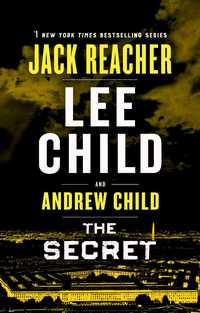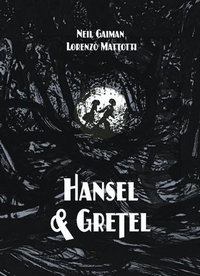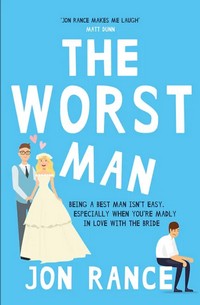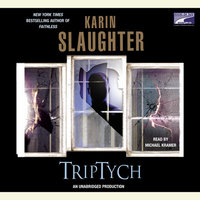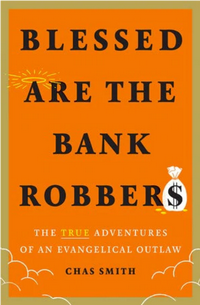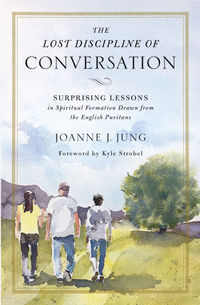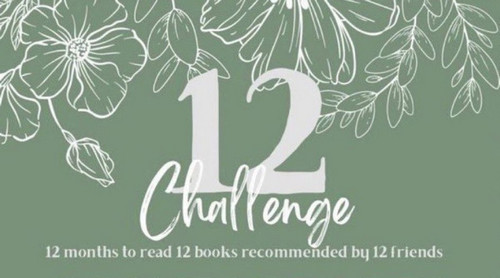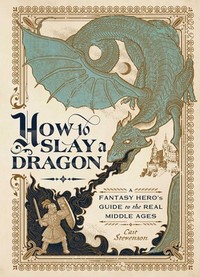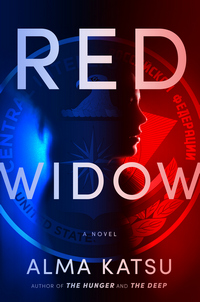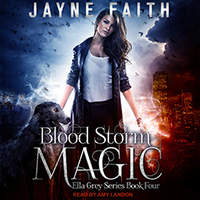by Jon Rance
DETAILS:
Publication Date: February 14, 2023
Format: eBook
Length: 378 pg.
Read Date: June 14-16, 2023

…at the back of my mind, I have always held out hope – blind, foolish, irrational hope – that they will break up. When you find yourself desperately in love with your best mate’s girlfriend, blind, foolish, irrational hope is all you have. In fact, and not to put too fine a point on it, I have been banking on it.
What’s The Worst Man About?
The novel starts off with Dan and Lucy’s wedding going awry–the details are a little fuzzy, but we know it has something to do with our narrator, Ollie. Then we go back to twelve weeks earlier when Dan and Lucy tell Dan’s lifelong friend, Ollie, that they’re engaged and we see how in love/deeply infatuated/possibly obsessed Ollie is with Lucy.
For most of the book, it’s difficult to say exactly how Ollie feels–he tells you one thing, but his actions/thoughts may make readers reach other conclusions. So, I’m going to put the phrase in quotation marks (imagine me making wildly exaggerated air quotes as I type).
He’s been this way for three years–since he met her–and it’s only gotten worse from what we can tell. One friend knows about his hangup (and Lucy likely does, too, because she’s no fool).
The main plotline of this book is seeing Ollie try to shake it off, to try to force himself out “of love” with her–or it’s seeing him fantasizing about ways he can profess his “love” to her and scheming ways to get Lucy to break off the engagement.
Unsympathetic Protagonist
I really want Dan and Lucy to be happy, just not together.
Ohhhh boy. It was really hard to find a way to like Ollie. This was something I struggled with from the opening paragraphs right up to the last sentence–and, frankly, never succeeded at. This is a guy we’re supposed to find at least somewhat likable and appealing–we’re supposed to root for him.
But he’s an immature little twit pining after his best friend’s girlfriend and only stopped when she became his best friend’s fiancée–not because he grew up, but because he started pining after his best friend’s fiancée. We’re not talking best friends since college or something–we’re talking about a couple of guys who grew up together, and might as well have been brothers since childhood. And he’s so wrapped up in what he wants that he can’t be happy for Dan. He tries to be (or so he claims in the narration if you can trust him), but it fails.
He even gets this harebrained idea to make Lucy jealous–and that this jealousy will cause her to realize her mistake, break off the engagement, etc. The girl he uses in this scenario is a far better fit for him–if only because she’s single and looking (although there are many other reasons)–and Ollie won’t see it (or does, and still blows it off for Lucy).
As Sherman T. Potter would put it, this boy’s full of mule fritters.
The irony of it all is that Ollie teaches young teens/preteens–and ends up acting like one.
The Saving Graces
Here’s what kept me going. In the middle of all of this are three stories worth reading.
Ollie’s flatmate–another friend of Dan and Lucy’s–has a quirky little love story (and dog story) all his own. I don’t know if there’s a real Rom-Com in it, or if it’s just a good storyline from a Romance, because we only get glimpses of it as Wilf tries to talk some sense into Ollie. Regardless, watching that storyline was one of the pleasures of this book.
Ollie’s Dad has been alone for a very long time and he just may have found someone, too. This storyline brings a lot of the comedy of the book–and a decent amount of the heart. I’d have read an entire book on this story.
Ollie’s dad has been single for years because Ollie’s mother left them when he was pretty young. It’s one of those things that shaped the two of them–and you could probably make some sort of link between this and Ollie’s actions in the present. But whatever–the thing to focus on is that Ollie’s introspection about her absence in his life and the rest of this story are some of the most honest and moving emotional writing in the book.
So, what did I think about The Worst Man?
‘Then stop acting like a f($^@#g child and grow up,’ says Wilf before his phone rings.
That’s all the book needed, Ollie to listen to Wilf.
I was prepared to be very tepidly positive in this post because of its strengths, but Rance lost me in the last 9%. I’d have been tempted to discard the book over those events if I wasn’t in the closing chapters. I want to stress that’s with the exception of those arcs I mentioned in the previous section. But those three couldn’t save it.
The writing was clever enough–with some really nice lines and moments scattered throughout. For example, Ollie’s description of “possibly one of the worst dates in the world,” is both a. entertaining for the reader and b. a really bad date. You can’t help but have strong reactions to these characters (mostly positive)–there’s a student of Ollie’s that you will feel for in particular.
In the end, Rance did the best he could with this character and the premise–really he portrayed Ollie and the situation pretty well. Which was the problem for me, in the end. I’m definitely not writing off Rance for this, and will be happy to try something else from him (I’ll just do a better job reading the descriptions first).
Save yourself the time and check out something else by Rance, like The Summer Holidays Survival Guide.



 The Havana Run
The Havana Run

![]()


